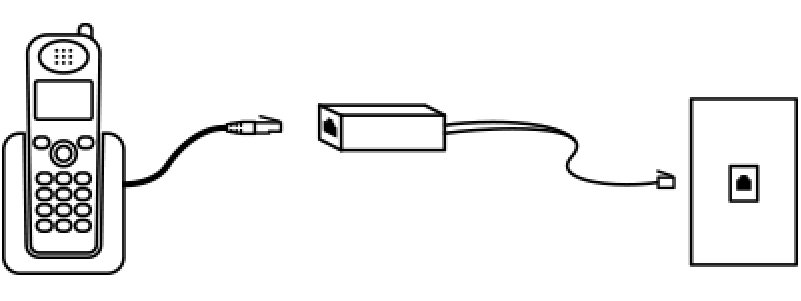Why is my Brightspeed internet slow?
Internet speeds vary, but if you notice that it’s noticeably slower than expected, then there are steps you can take to mitigate the issue.
Here are some common causes of intermittent slow-downs and what you can do to fix them.
Peak usage times
When there’s a lot of concurrent, high-bandwidth internet traffic by different customers in your area, or users in your household, you may experience slower speeds.. Not unlike a busy highway, if all the lanes are jammed with traffic, you have to slow down and get in line — no matter how fast your car can go.
Unfortunately, when it comes to traffic, there's not much you can do about what everyone else is doing. You can try streaming video or downloading large files during non-peak times. Alternatively, you may decide to upgrade your speed or add a second internet line to allow everyone in your home to do what they need to without slowing each other down.
Web browser caching problems and slow-to-load websites
Clear your cache on a regular basis to improve speed and performance when you're browsing the web.
Moreover, some websites rely on different servers across networks, which can all run at varying speeds. The way a website is built can also affect how quickly it loads and performs. While there’s not much you can do about this, but it may be helpful to note if it's always a particular site or service that runs slowly, to try to avoid it during peak times.
Inclement weather
Believe it or not, mother nature can impact your web surfing experience. This is particularly true if you're on a wireless network. In that case, either wait for the weather to pass or connect your computer directly to the modem through the Ethernet port to improve your connection strength and speed.
WiFi signal strength
A weak WiFi signal can often be mistaken for "slow internet." Physical barriers and electronic interference from common household devices such as microwaves and baby monitors can affect the reach of your wireless connection in areas of your home.
To resolve this issue, try optimizing your wireless connection through some common troubleshooting steps. If this doesn’t quite work, or if you have a large home or want to access WiFi in areas that are far away from your router, a WiFi extender helps provide a stronger wireless signal over a larger coverage area. In many cases, this solves "slow internet" problems.
Viruses and malware
Viruses can cause all sorts of strange computer behavior, including slowing down your internet connection. Make sure you keep your computer safe and in optimal health by running diagnostic and security scans on a regular basis.
Equipment issues
The setup and condition of your modem/router, wiring and computer can affect the quality of your internet connection. Check each of these closely to make sure they are not the source of your internet problem.
Modem/router out of date
Like all technology, modems need to be replaced regularly to make sure they are up-to-date and compatible with our latest network technology.
If you are experiencing an intermittently slow connection and can't figure out the cause, first check to see if you need to update the firmware on your modem. If that doesn't fix your problem, and your modem/router is more than 5 years old, it may be time to order a newer one. Our customer service specialists can help you pick the best equipment for your internet service and speed.
Modem cords and cables
Check that your modem cords and cables are installed correctly. Technical glitches can impact performance and cause intermittent signal loss. Double-check your cord configuration, make sure cables are firmly plugged in and are in the correct ports, and try swapping out cables or using different jacks if that is an option.
Phone line interference and DSL filters
If you have both internet and home phone service from Brightspeed, then you will need to put DSL filters on all landline phones in the house. This ensures that your internet signal doesn't interfere with your landline.

Plug the phone cord into a filter and then into the wall jack
Make sure your modem does not have a filter.

The DSL cord from the modem to the jack should not have a filter
As an alternative, use a splitter to plug both a phone and a DSL modem into one wall jack.

Use a DSL splitter to plug a phone and a modem into one wall jack
Bad wiring or a network problem
Bad wiring can cause intermittent and slow connections. You can figure out if the problem is inside or outside your house by testing your service at the Network Interface Device (NID).
You can also use the Troubleshooter to check for network outages and diagnose common problems with your service.
If you've tried all of the above and are still having problems, check out our general tips for troubleshooting slow internet for additional ideas. For additional assistance, contact our tech support team. We're here to help.
Check for outages and troubleshoot problems with your home phone or internet service.
Top tools
Log in to access our most popular tools.
Was this page helpful?
Brightspeed services support

.png)




.png)



